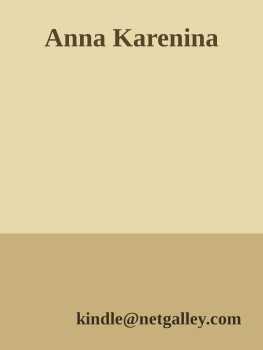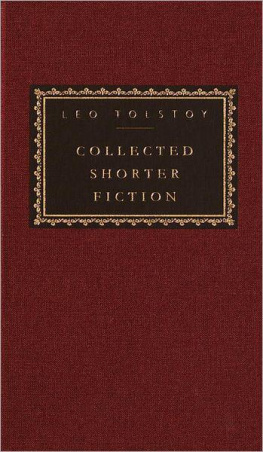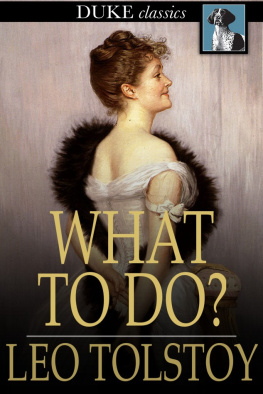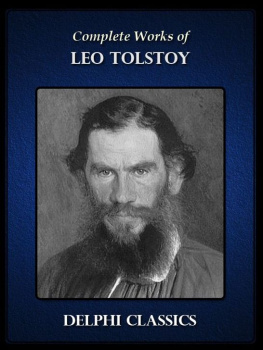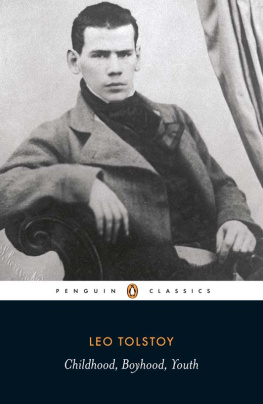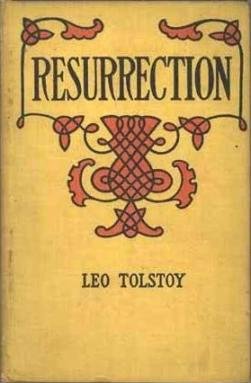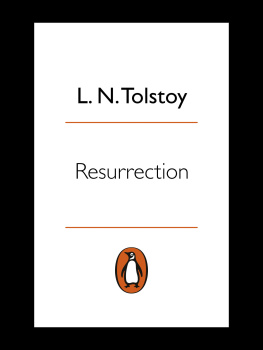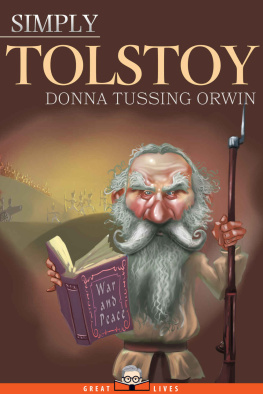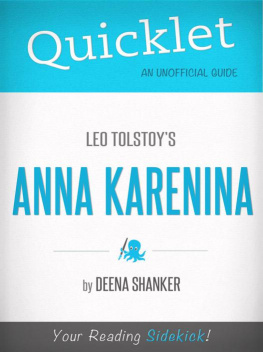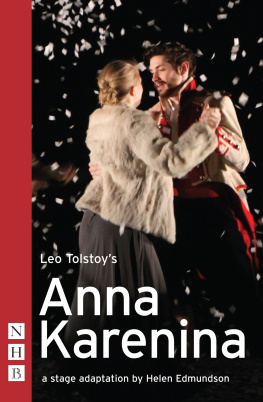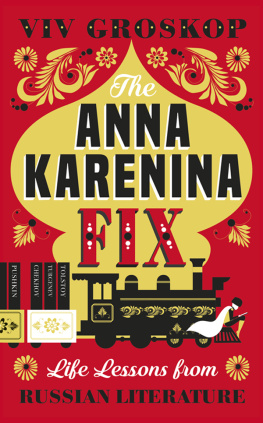NOT FOR SALE OR DISTRIBUTIONThis advance readers copy has been distributed by Oxford University Press for promotional andadvance review purposes only.No copying, sale, or further distribution or transmission of this digital galley, in whole or part, is allowed,except to others on your staff and/or assigned reviewers for preview purposes only.
This preview copy will NOT expire. However, we do ask that you use a finished copy of the book forfact-checking purposes. Please contact Oxford University Press for more information about thisbook/author or to request a finished book.
Great Clarendon Street, Oxford, ox2 6dp,
United Kingdom
Oxford University Press is a department of the University of Oxford. It furthers the Universitys objective of excellence in research, scholarship, and education by publishing worldwide. Oxford is a registered trade mark of
Oxford University Press in the UK and in certain other countries Rosamund Bartlett 2014
The moral rights of the author have been assertedFirst Edition published in 2014
Impression: 1
All rights reserved. No part of this publication may be reproduced, stored ina retrieval system, or transmitted, in any form or by any means, without theprior permission in writing of Oxford University Press, or as expressly permittedby law, by licence or under terms agreed with the appropriate reprographicsrights organization. Enquiries concerning reproduction outside the scope of theabove should be sent to the Rights Department, Oxford University Press, at theaddress above
You must not circulate this work in any other form and you must impose this same condition on any acquirerPublished in the United States of America by Oxford University Press198 Madison Avenue, New York, NY 10016, United States of America
British Library Cataloguing in Publication Data
Data available
Library of Congress Control Number: 2013956107ISBN 9780199232086
Printed in Great Britain by
Clays Ltd, St Ives plc
Links to third party websites are provided by Oxford in good faith and for information only. Oxford disclaims any responsibility for the materials contained in any third party website referenced in this work.
CONTENTS
Introduction viiNote on the Text and Translation xxivSelect Bibliography xxxiA Chronology of Leo Tolstoy xxxivPrincipal Characters and Guide to Pronunciation xxxvi
ANNA KARENINA
INTRODUCTION
Readers who do not wish to learn details of the plot will prefer to treat the Introduction as an Afterword.Anna Karenina, one of the worlds greatest novels, and with justification regarded by many as Tolstoys finest artistic work, also marks the culmination of his career as a professional writer. Begun in 1873, when the author was forty-five years old, it resumes and develops themes explored in previous works, most notably the epic War and Peace, which he had embarked on ten years earlier. These themes, which may be subsumed under the central question how to live?, are explored with a pressing urgency in Anna Karenina, for Tolstoy was increasingly overcome during the novels protracted composition by an existential despair which is reflected in its closing pages. While Anna Karenina represents the summation of the literary journey that Tolstoy had completed thus far, all the way from Childhood, his first work of published fiction of 1852, the novel also looks forward to what he would write over the next three decades of his life.
Tolstoy emerged from the spiritual crisis which engulfed him upon completion of Anna Karenina no longer as a novelist, but as a crusader for his own brand of ethics-based Christianity. He did not completely forswear the writing of literature, indeed some of his best fiction dates from this next period, but he resolutely turned his back on publishing novels for what he regarded as the pampered educated classes. Having been the most highly paid author in Russia, he also now relinquished the earning of fees and royalties for personal enrichment, and channeled his creative energies into proselytizing his new-found religious beliefs. Many of their central precepts are adumbrated in embryonic form in Anna Karenina, and also underpin the enthralling love story which lies at the heart of its narrative, thus making it a truly pivotal novel in Tolstoys oeuvre. As a work passionately bound up with questions of national destiny, Anna Karenina also belongs firmly to the great Russian literary tradition, which reached its fullest flowering during Tolstoys lifetime.
Russian literature had developed along very different lines to those of Western Europe by virtue of the simple fact that there was no tradition of belles lettres until Peter the Great launched Russia on an accelerated Westernization programme at the beginning of the eighteenth viii Introduction
century, secularizing the arts in the process. The first Russian novel, Pushkins Eugene Onegin, was not published until 1831 (so the old Countess who expresses surprise in his story The Queen of Spades, written and set in 1833, that there are any novels written in Russian, is not far from the mark). The belated start, coupled with the imposition of censorship by the end of the eighteenth century and the general lack of political freedom in the Tsarist state, ensured that artists in Russia inevitably practised their craft with a greater seriousness of purpose than elsewhere in Europe. There is, then, a fundamental difference from Western literature, memorably described by John Bayley as being so swaddled in the inertia of its accomplishment, the complacency ofits prolongation, that even at its most urgent it still sounds literary, with Chaucers tone already professional. By contrast, he writes, the critical dicta of the Russians seem like telegrams exchanged by revolutionaries after a coup dtat has begun, but before it is known whether it will succeed.1
The nominally liberal era of Alexander I was replaced in 1825 by the reactionary regime of his martinet younger brother, Nicholas I, who immediately put his stamp on national life by dealing brutally with the idealistic young officers who staged the abortive Decembrist Uprising just as he was coming to power. As time went on, and Nicholass reign grew more repressive, Russian writers increasingly came to be seen as bearers of the truth, and as moral leaders, particularly by those young members of the intelligentsia from a lowly social background who had benefited from a university education. Figures such as Vissarion Belinsky, Russias first professional critic, saw literature first and foremost as a weapon for social reform, and believed writers had a vital role to play in helping to arouse in the Russian people a sense of their human dignity and bringing the barbaric institution of serfdom to an end. In 1847, as he lay dying in Germany, Belinsky penned a vituperative letter to Nikolay Gogol, in which he lambasted him for defending serfdom and absolutist government. Russia did not need sermons and prayers or an encouragement in the shameless trafficking of human beings, he thundered, but rights and laws compatible with good sense and justice. The fresh forces trying to break through in Russian society, he argued, were crushed by the weight of oppression, and so produced only despondency, anguish, and apathy. Only in literature, he declared, was there life and forward movement, despite the Tatar censorship.2
1 John Bayley, Tolstoy and the Novel (London, 1966), 10.

